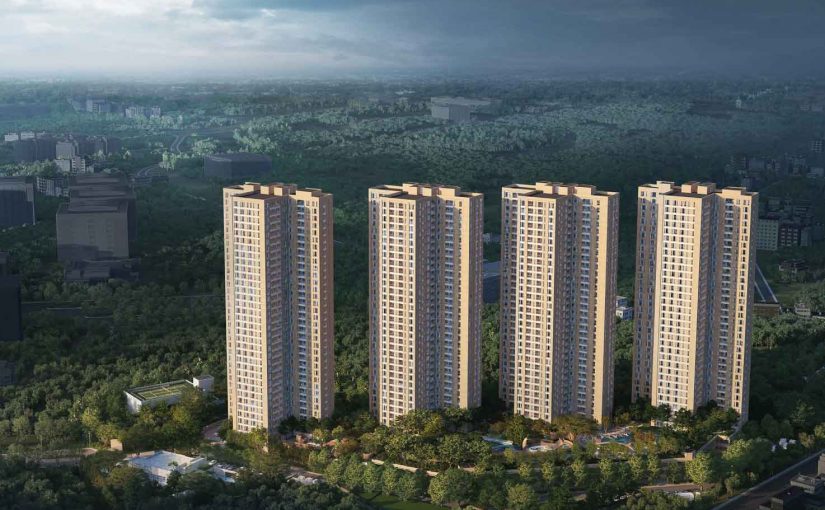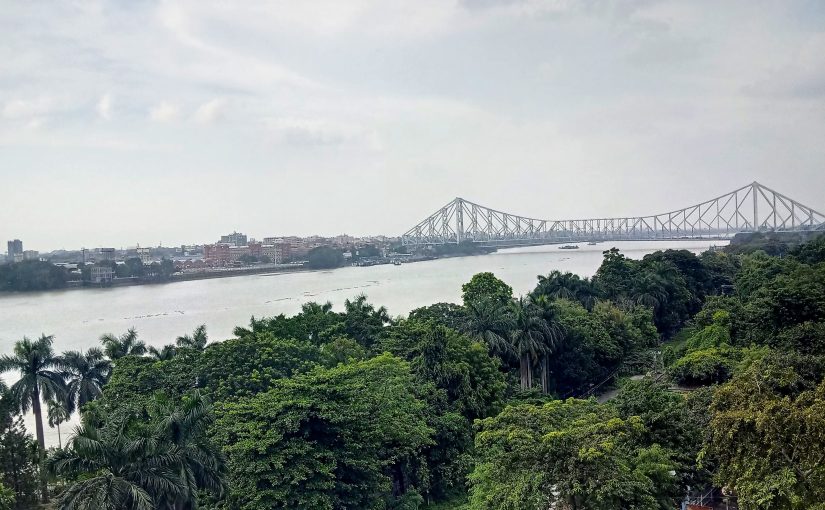By
|
Getting your Trinity Audio player ready...
|
It has never been easier to purchase property in Kolkata as an NRI. The government and the Reserve Bank of India have been working hard to make the rules and regulations more streamlined and easier to understand. Real estate in Kolkata has become a lucrative investment opportunity for Indians abroad. One of the most important things before investing in property in India is to understand the legal and financial requirements.
Considerations when buying a property in Kolkata
Here are 7 things every NRI should keep in mind if you are thinking of buying a property in Kolkata:

1. Permissions
As an NRI, you don’t need any special permission to buy property in Kolkata. The only catch is that payment to purchase property cannot be made in any foreign currency. It has to be made in Indian Rupee through funds that have been received in the country through normal banking channels via an NRI account.
The rules that guide these transactions come under the jurisdiction of the Foreign Exchange Management Act (FEMA). This means that NRIs must use inward remittances via NRO/NRE accounts in India. They can also issue post-dated cheques or opt for Electronic Clearance Service (ECS) from their NRO/NRE or Foreign Currency Non-Resident (FCNR) account.
There are no restrictions on the number of properties an NRI can purchase – residential and commercial – as long as the banking rules are followed for the payment.
2. Nature of Property
As an NRI, you can buy any type of residential or commercial property in Kolkata, and there is no restriction on the number of properties one can buy. But NRIs cannot buy agricultural land, farmhouses, or plantation properties in India. Such property can be owned only if it is inherited or gifted to the NRI. To acquire these types of land, special permission is required from the government and from the Reserve Bank of India.
3. Type of Tax
While you can buy any number of properties, the tax liability will depend on the use of the property. It will be different if it is for self-use, if it generates rental income or if it has been bought solely for the purpose of investment (capital appreciation).
There is no tax implication in the case of self-occupied property. Self-occupied property is defined as property occupied for own residence or property which cannot be occupied by the owner because he has to reside at some other place on account of his or her employment, business, or profession. However, in case an NRI owns more than one self-occupied residential property, then only one of the properties will be treated as self-occupied and the others will be treated as rented out and a notional rent will be taxed.
If you earn money via rent from your flat in Kolkata, the property will be subject to income tax. It will be taxable under the head ‘Income from House Property’. A standard deduction of 30 percent towards repairs and maintenance and other deductions of municipal taxes are allowed from the rental income. In addition, a deduction of up to ₹2,00,000 is allowed towards interest payable on any loan taken for the property.
Commercial property will be liable to more income tax.
The third type of property is property held for investment purposes. Only capital gain tax shall arise on the property in that case. Such capital gains are characterized as short-term capital gains or long-term gains based on the period of holding such property.
A property held for 3 years or less is treated as a short term capital asset and the resultant short term capital gain is taxable at NRI tax slabs. Further, gains from a property held for more than 3 years are considered long-term capital gains and taxed at 20.6% (20 percent plus applicable surcharge and cess).
There is a provision for deduction under the Income Tax Act, 1961 for reinvesting capital gains into a new property purchase.
You will also have to pay property tax along with stamp duty and registration fees for the property.
4. Tax Benefit
Buying a flat in Kolkata from outside India entitles you to the same tax benefits as resident Indians. An NRI is entitled to all tax benefits accruing from the purchase of a property. ₹1,00,000 can be claimed as a deduction under Section 80C of the Income Tax Act, 1961.
To gain decent tax benefits, a minimum of three years of investment is recommended. When selling property in India as an NRI, tax is deducted at source (i.e. TDS) at a rate of 20.6 percent on long term capital gains and 30.9 percent on short term capital gains. However, the final taxation rate is similar to those for resident Indians. If an NRI falls in a lower tax slab, he or she can apply for a TDS refund when filing their income tax returns.
5. Loans
The Reserve Bank of India has given special permission to banks and housing finance companies registered with the National Housing Bank to provide loans to NRIs for buying residential properties in India. The loans have to be sanctioned and repaid in the Indian currency.
All transactions should take place through banking channels. However, the loan amount cannot be credited directly to the bank account of an NRI. It has to be disbursed through either the seller’s or the developer’s bank account. And to repay the loan, the payment can only be made through the loan taker’s NRO/NRE account or FCNR deposit.
If applying for such a loan, make sure you get your verified by a lawyer. If the property is inherited or is jointly held, the title should be clear. If the property was ever mortgaged, take a bank release with you. Ensure that there are no pending bills on the property – water, electricity, etc.
If taking a loan from a financial institution, remember that according to the Reserve Bank of India, a maximum of 80% of the value of the property can be funded. The remaining has to come from your own sources.
If you plan to pay the loan in equated monthly installments (EMIs) from your personal earnings, be mindful of the effect of foreign exchange as it can fluctuate.
6. Power of Attorney
Since NRIs do not reside in the country, they have the option to give Power of Attorney to a trusted acquaintance or relative to complete the property purchase. If the property you are buying is under construction, you may have to give the developer the Power of Attorney.
The Power of Attorney can be general or specific about the rights your representative can exercise. Make sure a lawyer helps you to word the Power of Attorney document properly.
7. Repatriation of Funds
The government allows the repatriation of the proceeds from the sale of the property as long as it does not exceed US$ 1 million. However, capital gains tax and income tax will have to be paid in India. If your home country does not recognize these taxes, then there is a chance that you will have to pay taxes twice.
An NRI may repatriate the funds from the sale of the property on the following conditions – the property must have been purchased in accordance with FEMA directive and the amount repatriated cannot exceed the original amount paid for the property.
In the case of a residential property, the repatriation of sale proceeds is restricted to less than or equal to two properties. A foreign national may repatriate sale proceeds even if the property was inherited from a person outside India. However, prior approval of the RBI must be obtained.
Conclusion
Buying flats in Kolkata as an NRI has never been easier. RERA, the Indian real estate industry’s regulator is a new addition that has been put in place to boost the confidence of buyers for investing in the real estate sector. Along with GST, these measures have formalized much of the process and increased transparency. If you have dreamed about owning your own house in your home country, you can take the first step in making it a reality now.
Go ahead and read the following blogs for better understanding “Top 10 mistakes to avoid while you buy houses in Kolkata” and “Property for Sale in Kolkata: Tips for online research“
Leave a comment







